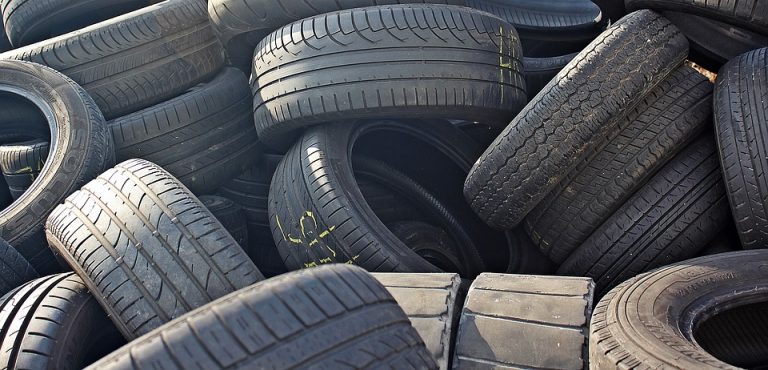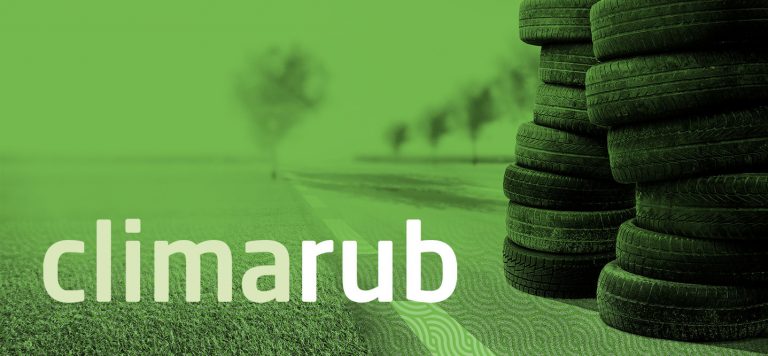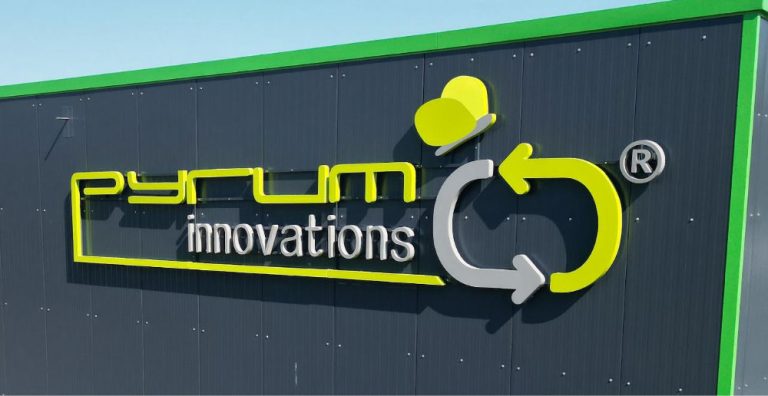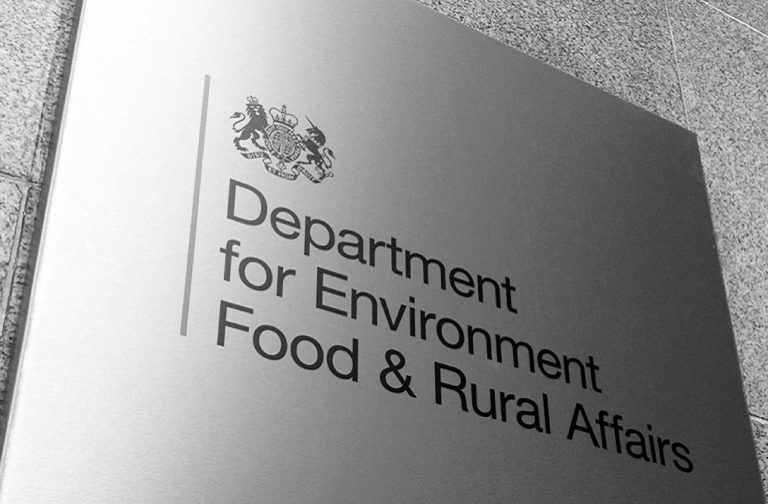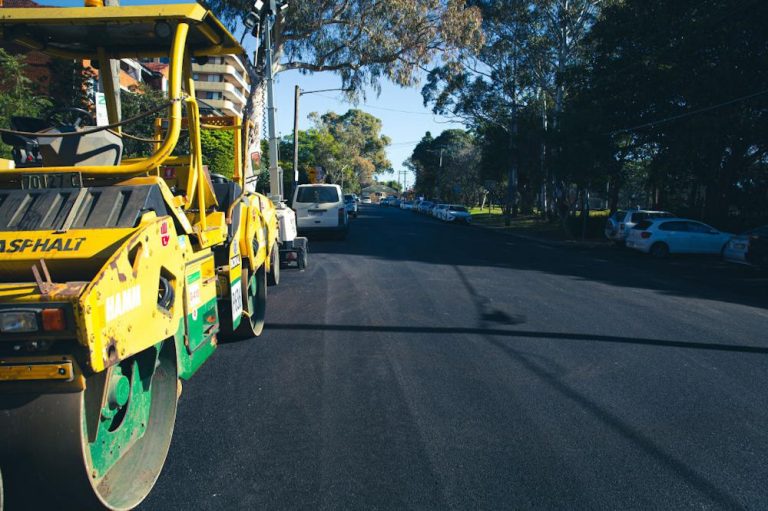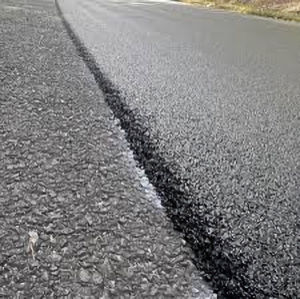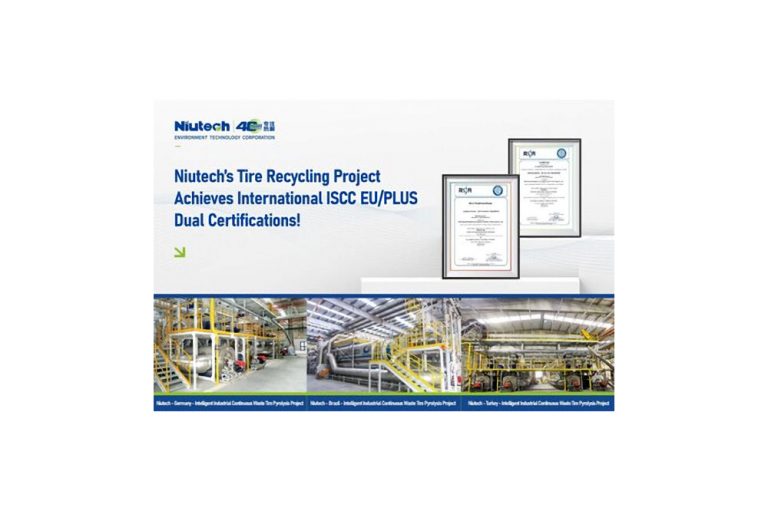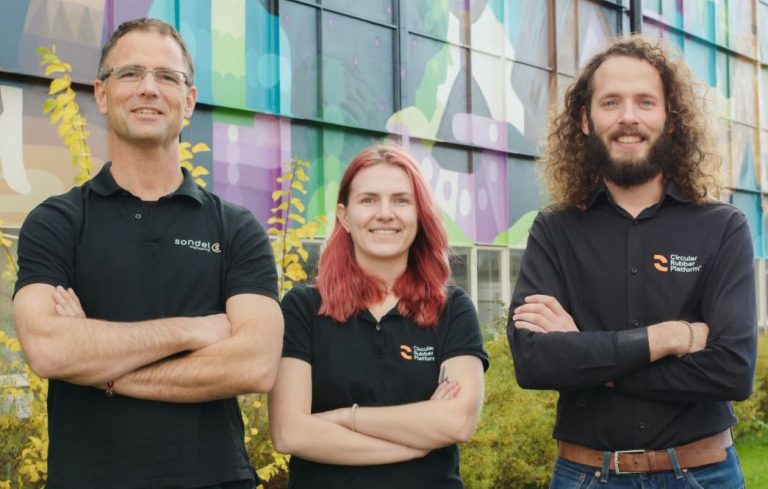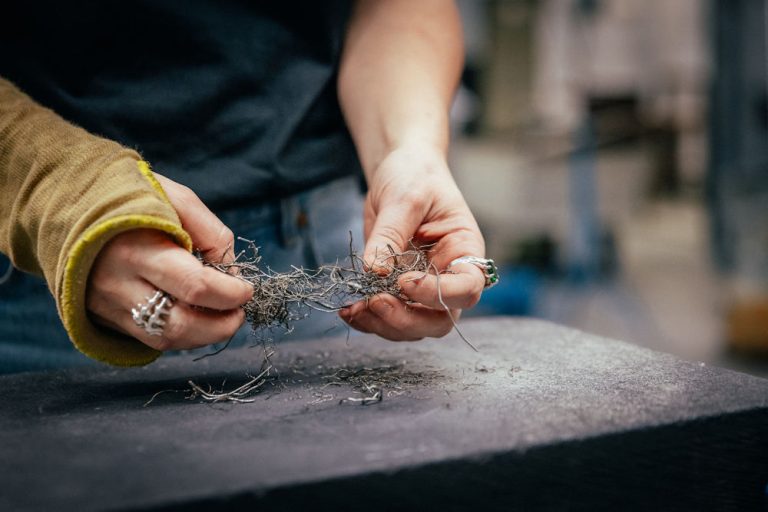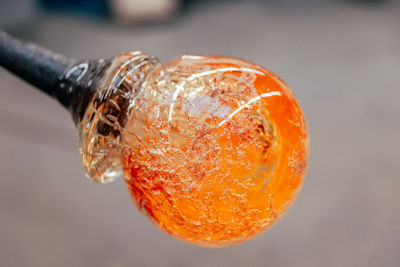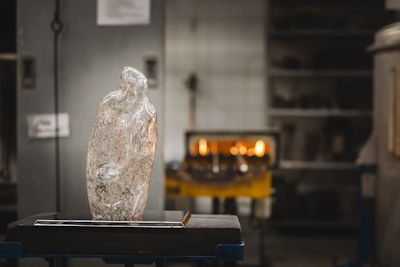The tyre industry representatives from The Imported Tyre Manufacturers’ Association, The British Tyre Manufacturers’ Association, The National Tyre Distributors’ Association, and the Tyre Recovery Association wrote to DeFRA Secretary of State The Rt. Hon. Steve Reed MP
The letter urged the government to recognise what needs to be done to achieve our ambitions for a timely Circular Economy in our sector.
Dear Secretary of State,
We write to you on behalf of the Tyre Industry of the UK. The trade bodies we lead represent, manufacturers, retailers, distributors, collectors and reprocessors of tyres. We look forward to your engagement on the issues we raise, issues that have immediate bearing on the objectives you and the Labour government have set to protect nature and the environment. Specifically, the agenda you set your civil servants on arrival at DeFRA to create a roadmap to take us to a zero-waste economy.
For the last quarter of a century we have been promoting, and encouraging our members and our national regulators towards, an economy where resources are reused and recycled, creating new jobs and investment to protect nature and reduce our environmental impact. We very much welcome your ambition to support sustainable economic growth by driving up resource efficiency and reducing emissions and waste.
The rapid review of the EIP you announced at the end of July is a welcome opportunity to revitalise a stalled waste tyre policy process. Your political predecessors in DeFRA spoke of the creation of a circular economy. Each of our trade bodies have championed steps and measures that would advance a circular economy and will play an essential part in the delivery of your zero-waste vision. Disappointingly, despite apparent political ambition for change, we are now in October 2024 and the necessary political action has not followed the welcome rhetoric when it comes to UK waste tyre management.
The EIP is a moment to energise the UK’s tyre waste and recycling industries. But action can be taken now, before the completion of the EIP review. There is no need to wait for a new roadmap on these specifics.
As stated in the TRA’s letter to you dated 18 July, over 40 million used tyres are processed annually in the UK. Latest figures show more than 300,000 tons of UK end-of-life tyre are exported per annum, which is far too many given that the UK has at least 150,000 tons of idle domestic processing capacity. This must be reflected in the EIP and any roadmap to create a zero-waste economy. What our members need, however, is action now. Not new action but the implementation of the rules that have been stalled.
• Ending T8 exemptions (announced some years ago, but no action has followed. Scottish authorities ended T8 exemption in 2018)
• Ending exports of whole end-of-life car tyres (ELTs) (as Australia has demonstrated, a simple and effective means of addressing environmental concerns and ensuring domestic capability)
Given the industry consensus, government’s commitment to end T8 exemptions and the subsequent initiation of the necessary parliamentary process, we would like to know if you are ready to consider using an ‘operational condition’, available to you as Secretary of State, to stop the current inadequate regulatory regime British tyre operators are working under?
Using such a device will save parliamentary time and demonstrate an immediate success for you. To make this happen, we hope you are willing to do what your recent predecessors did not, ask your officials to update you on this policy and present the procedures open to you to immediately take steps to progress the aims you have set your department.
At the end of last month, you told the Labour Party conference that as this government will “end the throwaway society by creating new jobs reusing and recycling materials as we work towards a circular economy that protects nature and our precious climate.” As the electric vehicle revolution continues apace the weight of used tyre waste that needs to be managed will also increase. The UK has the domestic capability to handle more of that waste. Yet current regulations encourage exports, to the detriment of our recycling industry and its future development. Further, the measures we are calling for will provide investors with the confidence required to deliver the next generation of technological solutions and strengthen domestic resilience. Shred only export immediately places the waste product in a more regulated and accountable framework, domestically and abroad (as Australia has demonstrated). Irresponsible export of waste is no longer acceptable.
Now is the time to take the urgent action necessary for the national interest.
We look forward to your reply and would welcome the opportunity to provide more detail to you in a personal briefing, if necessary.
The letter was signed by
Peter Taylor OBE Secretary General, TRA, with the support of: Alfred Graham of The Imported Tyre Manufacturers’ Association, Darren Lindsey of The British Tyre Manufacturers’ Association and Stefan Hay of The National Tyre Distributors’ Association
Comment:
This timely letter comes as Radio 4 prepares to tell part of the story of the UK’s Waste Tyre scandal.
Last year the UK officially sent over 370,000 tons of waste tyres to India, it has now been overtaken as a source by the USA with some 513,840 tons – The total official waste tyre imports into India amount to over 1.5 million tons.
India’s ATMA claims that India is not recycling its own tyres and is pressurising the Indian government to ban the import of whole waste tyres, potentially banning all imports until the domestic market is dealt with.
If India acts before the UK, we may face a huge waste tyre problem

















